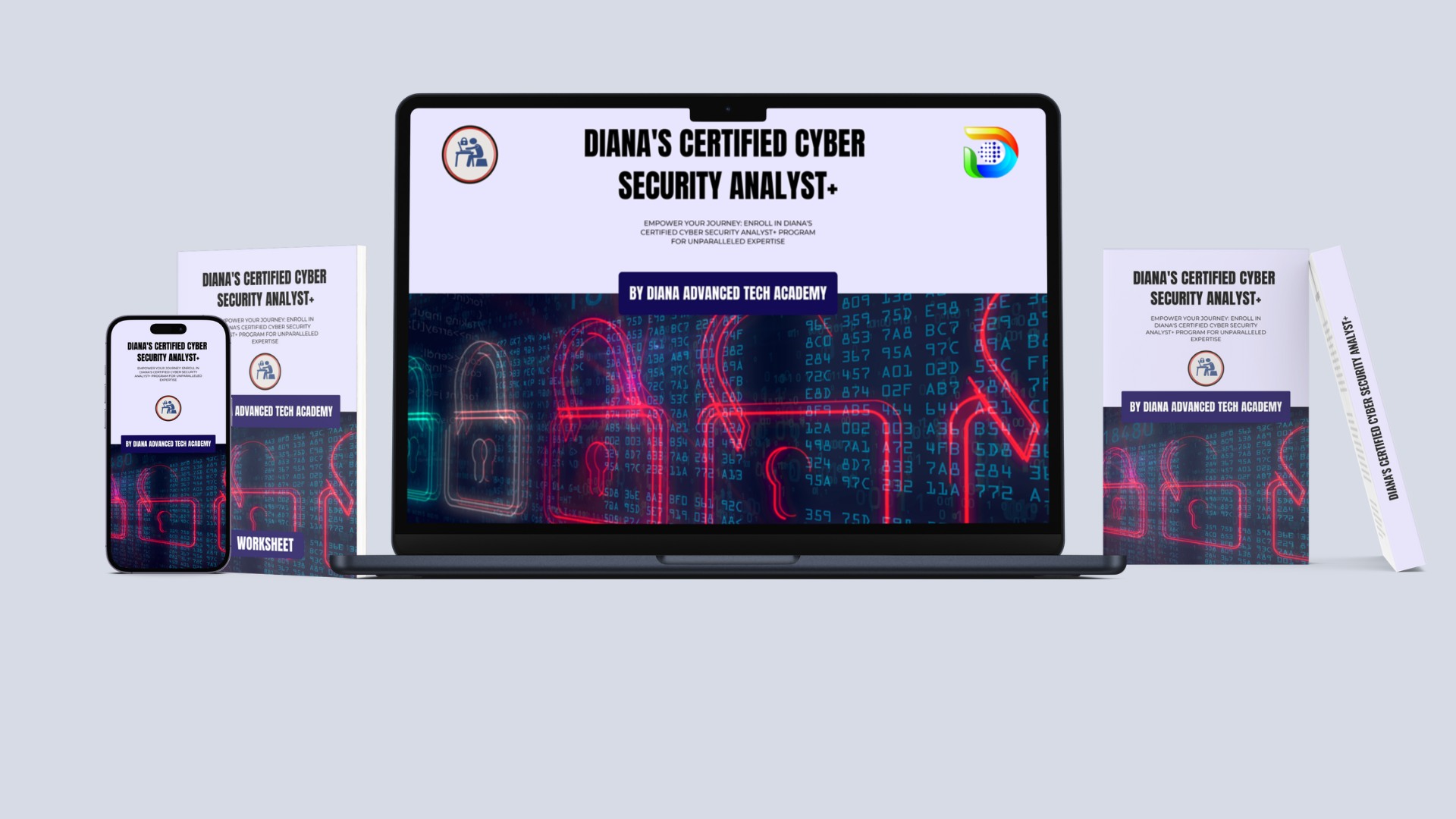
About Course
Course Modules
Day 1
-
Explaining the Importance of Security Controls and Security Intelligence
00:00 -
Utilizing Threat Data and Intelligence
00:00 -
Lab exercises
Day 2
Day 3
Day 4
Day 5
Day 6
Student Ratings & Reviews

No Review Yet